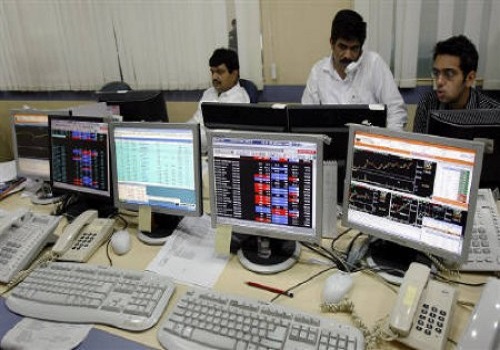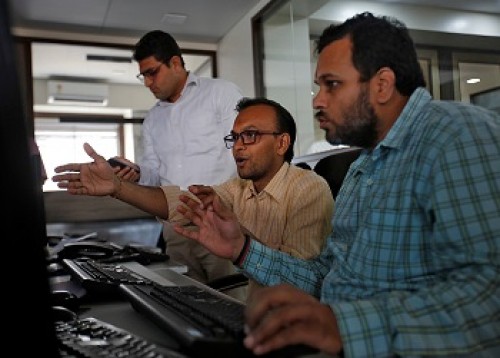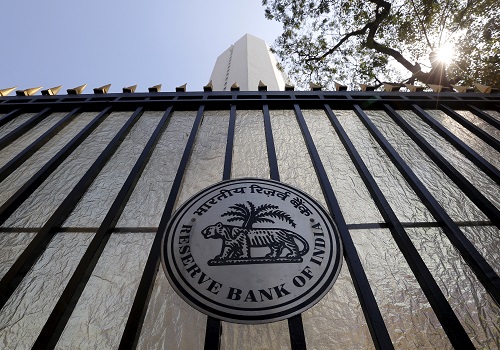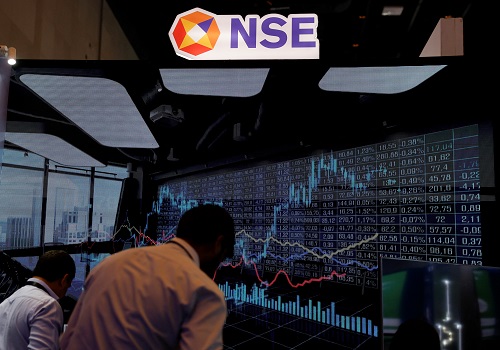Quote on Market by Krishna Appala, Sr. Research Analyst, Capitalmind Research

Below the Quote on Market by Krishna Appala, Sr. Research Analyst, Capitalmind Research
It has been a volatile week for Indian markets. Nifty 50 is down -4.5%, Nifty Midcap is down -3.3%, and Nifty Smallcap by -2.3% this week. Nifty Metals, however, continued its upward trajectory, closing the week with 0.3% returns. Two major events in the week gone by have significantly impacted our markets: SEBI's new F&O regulations and the increasing geopolitical tensions between Iran and Israel.
New SEBI F&O Regulations: Who Benefits and Who Doesn’t: SEBI’s latest F&O regulations introduce changes that will affect different market participants in varying ways. Discount brokers like Zerodha and Groww, which cater to retail traders, may experience lower trading volumes due to the increase in contract size and the restriction of weekly expiries to just one benchmark index per exchange. In contrast, traditional brokers and wealth managers may face less impact, as their client base consists of more institutional and high-net-worth individuals. Meanwhile, BSE could see some benefit from the limitation on weekly expiries, as it may attract traders shifting from NSE. While discount brokers and retail traders are expected to adjust to these changes, AMCs and depositories will likely remain unaffected. RTAs may experience operational changes but without significant disruptions. Overall, SEBI's aim is to reduce speculative trading and bring more stability to the market, benefiting long-term institutional players while reshaping the dynamics for retail participants.
Geopolitical Situation in the Middle East: The ongoing tensions in the Middle East, particularly between Israel and Iran, have added volatility to global markets, especially with crude oil prices rising by over 5% in the past two days. The situation escalated after a missile strike in Beirut and retaliatory threats between Israel and Iran. Although OPEC+ has reaffirmed plans to increase output in December, concerns remain about potential impacts on Iran’s oil infrastructure. The key lesson here is that while we cannot predict the future, it’s important to have a high-level plan and not react in panic. These geopolitical flare-ups tend to occur periodically, and though the situation may seem critical now, such tensions have arisen before. Nuclear weapons act as a deterrent, ensuring they are never used, while more powerful arms are developed with the hope of avoiding conflict altogether. In the end, t
Above views are of the author and not of the website kindly read disclaimer










More News

Quote on?Market Weekly Round-Up by Shrikant Chouhan, Head Equity Research, Kotak Securities









